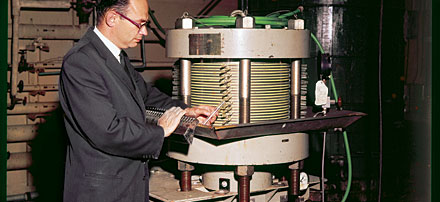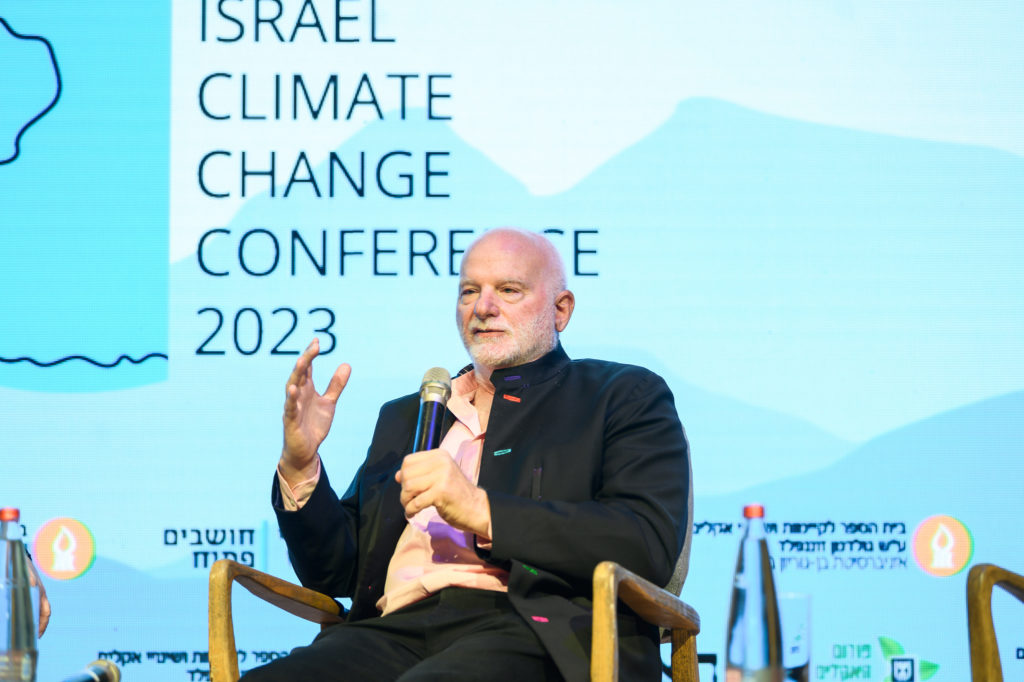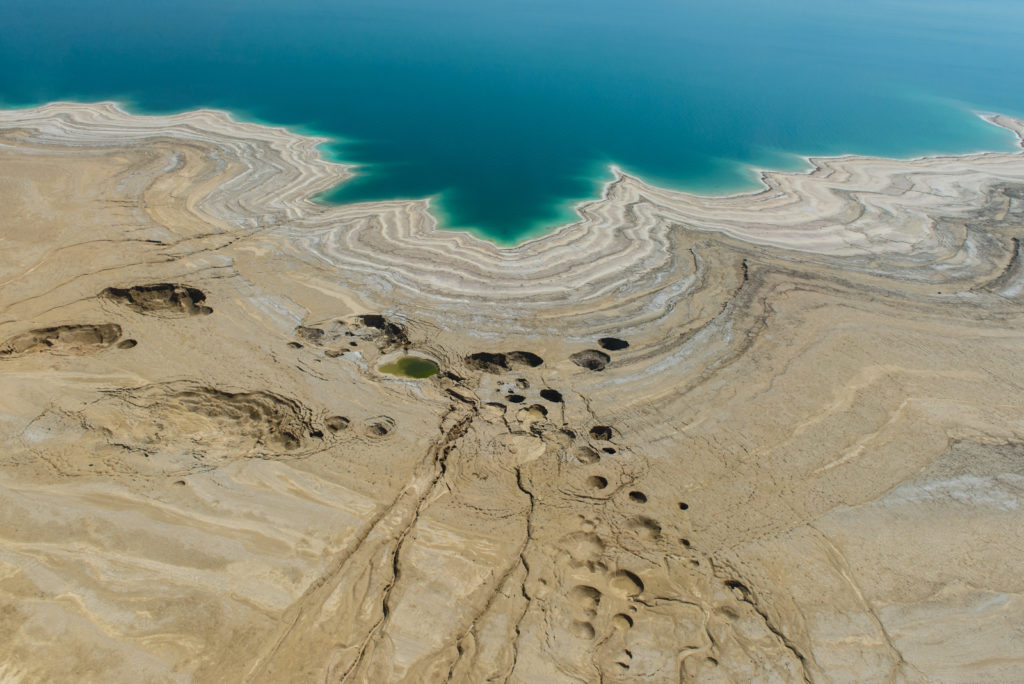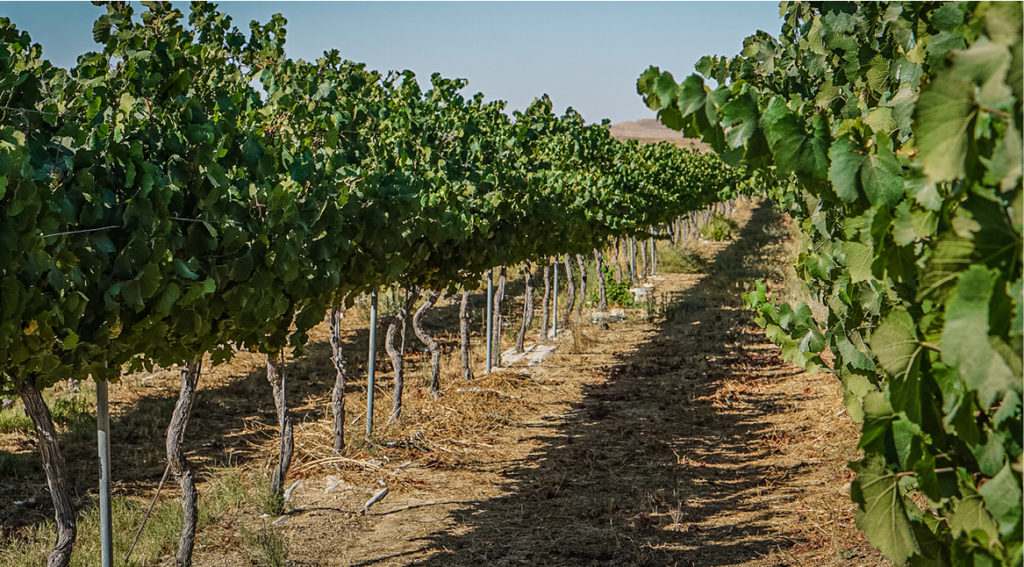
Continuing a Legacy of Water Desalination
Continuing a Legacy of Water Desalination
January 13, 2016
Untold News — As a member of BGU’s Department of Desalination and Water Treatment in the Zuckerberg Institute for Water Research, Prof. Emeritus Yoram Oren is making water turn against its very nature and go places it doesn’t want to go.
“Nature seeks equilibrium,” he says. “Desalination, separating the salt from sea water to make fresh water, is an act of overcoming what nature is seeking. It’s not easy.”
It’s not easy, but as the earth becomes more crowded there simply won’t be enough naturally occurring fresh water to go around. We’re going to have to get more of it, and the only feasible way to do this is to make it from sea water. Over the next 10, 20 or 50 years, desalination will become not only important but compulsory.
It wasn’t until the 1960s that Israeli scientist Prof. Sidney Loeb developed a new method of desalination that launched the process into the modern era. Prof. Loeb taught in BGU’s Department of Chemical Engineering and was one of the founders of the Jacob Blaustein Institutes for Desert Research.
Scientists had been aware of reverse osmosis for centuries, but achieving it on a useful scale had escaped them, because forcing sea water to go “uphill” through existing membranes required a lot of energy — too much energy to be practical.
Prof. Loeb’s breakthrough was the development of a new kind of membrane, and a new, affordable energy-efficient way of pushing seawater through it.
Instead of using a “dumb” filter placed between two bodies of water, reverse osmosis uses a smarter semi-permeable membrane which allows only smaller water molecules to pass through. But a water molecule’s instinct is to head into the salty area to help dilute it.
To get it to go in the other direction, reverse osmosis applies energy to “push” salt water through the filter into the area of fresh water. The process extracts fresh water from the salt water, leaving the salt behind.
Now, Prof. Oren and his colleagues at BGU are building on the work of Prof. Sidney Loeb to ensure that we will have the water we need to preserve the future of humanity.
“Around the world, water is still being desalinated by simple distillation, especially in oil-rich countries, which can afford the fuel to boil water,” says Prof. Oren. “But they’re changing, because water is going to be the big challenge of the next century.”
“The environment is telling us to find more efficient ways to treat not just saltwater, but all our wastewater, agricultural runoff, and municipal water,” he says.





